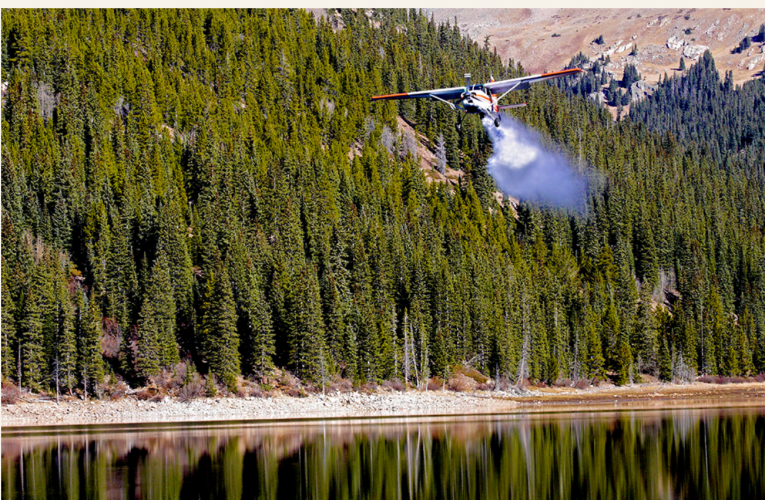Hunting Wife
Well-known member
Perhaps we should start at the other end and work backwards. What do you want your Wildlife agency to actually do? That’s going to dictate how much money they need to charge.
People keep saying agency budgets are bloated. Ok. Then what do you want them to stop doing?
People keep saying agency budgets are bloated. Ok. Then what do you want them to stop doing?






